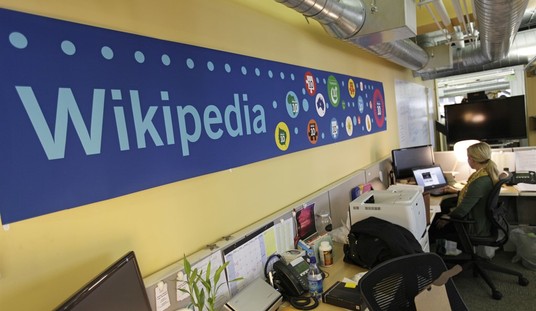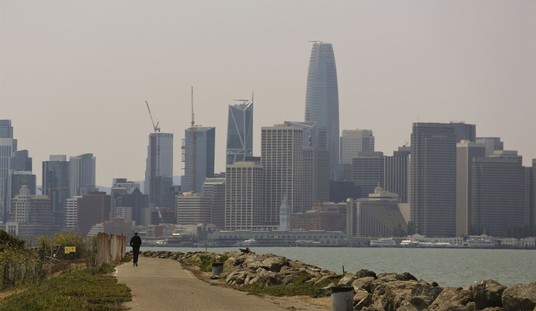When my colleague Christine Harbin visited D.C. this winter, she stopped off at the famous Red Hook Lobster Pound for a taste of capitalistic goodness. Up until 2007, D.C. (like many cities) placed heavy restrictions on the manner in which mobile restaurants and food stands could operate; since those restrictions have been lifted, however, D.C. has experienced a delicious and profitable flowering of mobile food options.
Food trucks are popular here in St. Louis, too, but are they as popular among restaurants and other food-providing establishments? Not so much.
The concern, naturally, is that allowing food trucks to operate in a restaurant’s neighborhood would hurt the restaurant’s business, so restaurants have an interest in convincing local officials to maintain onerous requirements for and outright bans of such things as pizza wagons and cupcake vans.
Yet Jeff Pupillo, the owner of Sarah’s Cake Shop, says services like his do more to fill unmet consumer demand than they do to harm brick-and-mortar operations.
I do understand where they’re coming from, but the things that rub me the wrong way is when it’s not even competition, you know? There’s a candy shop in a city who doesn’t want [cupcake food trucks]. [Customers] either want candy or [] want cupcakes: you’re not really competing.
What ought to be noted is that Pupillo doesn’t just sell his cupcakes from his food truck; he also maintains a traditional brick-and-mortar building where he sells them. In short, what he’s really doing is innovating and competing better in the sweets market in ways that, say, brick-and-mortar candy providers could take advantage of, as well. Pupillo has taken the initiative, to his credit; other companies haven’t.
Yet, could his service also be considered a “complementary” operation to other surrounding businesses? If the behavior of food trucks themselves is any indication, the answer seems to be “yes.”
What makes food trucks [park next to each other]? Wouldn’t they want to park far away from each other? From the perspective of economics, parking together makes sense.
When they locate near each other, businesses experience benefits. Economists call this shopping agglomeration. Consider a shopping mall. Stores in a mall offer customers a broad array of products, and they likely have more foot traffic and higher sales than if they stood alone.
When food trucks park next to each other, they show the same kind of shopping agglomeration. The nuance here is that although each is a food store, the food may not be substitutes. They could, however, be viewed as complements. Quite likely, the benefits of locating near a busy Metro stop where there a lot of pedestrians outweigh the disadvantages of locating near a competitor. Plus, it’s likely that food trucks catch the attention of more customers when they are parked next to each other than a lone truck would. Look at the photo of the food trucks above — they certainly stick out from the background.
…Notice how these trucks are located outside of a brick-and-mortar restaurant. A person could buy a sandwich from Cosi, and a cupcake for dessert from the food truck without having to travel very far. Instead of one stealing business from the other, it’s very likely that both businesses are benefiting from their arrangement.
Which is kind of a long-form way of making Mr. Pupillo’s original point: that a free market better-provides consumers with products that meet their needs and, especially here, tastes. Whether it’s cupcakes or health care, free markets force businesses to compete by providing better services and products. How sweet it is when they do.









Join the conversation as a VIP Member